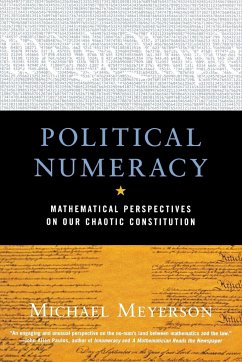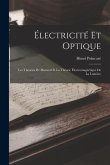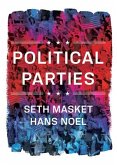From the impossibility of a perfectly democratic vote to a clarifying model for affirmative action debates, constitutional law professor and math enthusiast Michael Meyerson "provides an engaging and unusual perspective on the no-man's land between mathematics and the law" (John Allen Paulos). In thoroughly accessible and entertaining terms, Meyerson shows how the principle of probability influenced the outcomes of the O. J. Simpson trials; makes a convincing case for the mathematical virtues of the electoral college; uses game theory to explain the federal government's shifting balance of power; relates the concept of infinity to the heated abortion debate; and uses topology and chaos theory to explain how our Constitution has successfully survived social and political change.
Bitte wählen Sie Ihr Anliegen aus.
Rechnungen
Retourenschein anfordern
Bestellstatus
Storno




